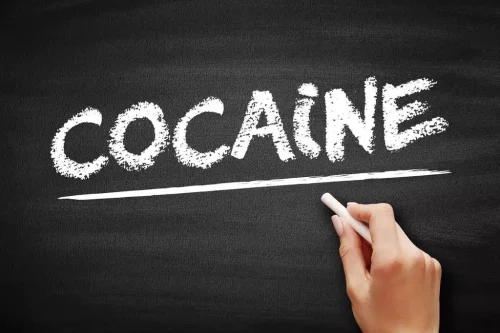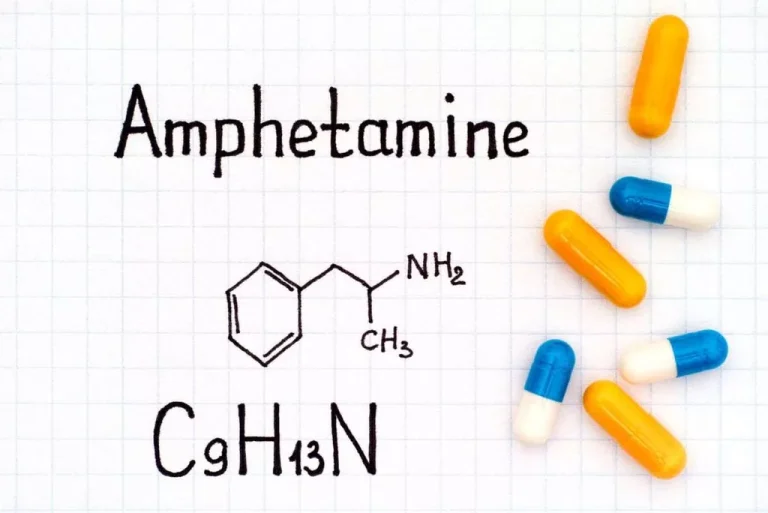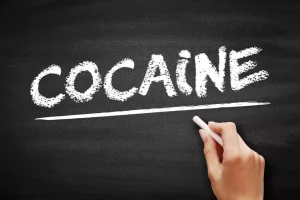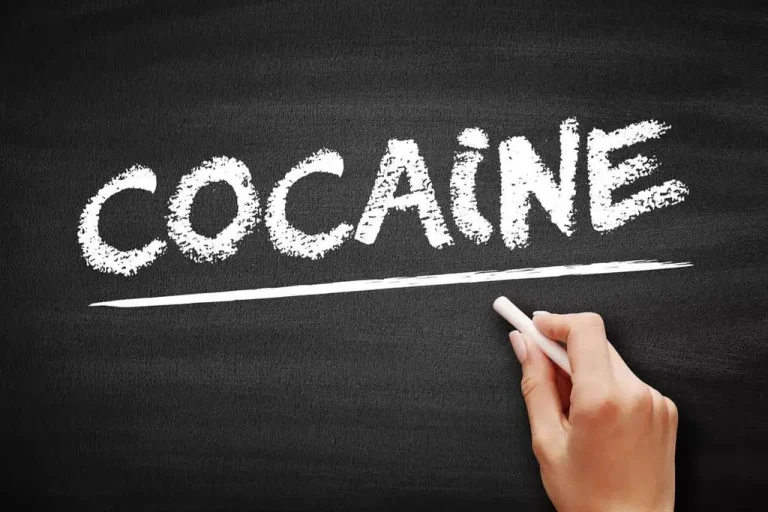
Being sensitive to clients’ feelings and responses helps maintain a supportive environment. ‘I’ statements are particularly effective in minimizing defensiveness during discussions. When people hear accusations, they may become defensive and engage in conflict. This technique helps foster understanding and reduces the likelihood of misunderstandings.

The Role of Affirmations in Building Resilience

Those with addiction issues sometimes have maladjusted ways of thinking, which become habits. These thoughts, as mentioned, can tend to be negative, always seeing what is wrong and what we don’t want. When we are optimistic, we see good outcomes in even the most trying situations. Studies have shown that those individuals who were considered optimistic had better overall health and, in some cases, aged better, too. When you choose to think with a grateful mindset, you will improve your physical, mental, and spiritual health, which in turn makes you healthier, happier, and more fulfilled. However, if you are able to take that negative event and laugh it off or just forget about it, the day often turns around why is gratitude important in recovery and is a good one.

Benefits of Active Listening in Recovery
- Ben is personally in recovery and has been creating content for drug rehabs for over 10 years.
- But what happens for most is when we start to think those judgmental and negative thoughts, we think of more things about the person or situation we don’t like.
- One of the simplest yet most effective methods for practicing gratitude is to maintain a gratitude journal.
- Using a bulletin board or poster board, put pictures, graphics, or words that help you remember what you’re grateful for in life.
- My daughter might not forgive me as quickly as a teenager versus a toddler without a grownup understanding.
- Gratitude PracticeDescriptionKeeping a Gratitude JournalWriting down things one is grateful for daily can help solidify the habit of appreciating the positive aspects of life.
- Maybe the person you find it hardest to forgive is yourself.
Perhaps volunteer for an organization you are passionate about or spend time with someone who may need some support. Spending time with animals and children can also allow you be in the present moment. Gratitude can start with things like taking the time to notice and appreciate the small things like enjoying nice weather or the sounds of nature. Create the time and space to reflect and think of the situations, things and people for which you are grateful. Create a gratitude list by scheduling time daily to work on the list. Take time to list at few things and people for which you are grateful.
- Remember what you’re grateful for during or after recovery using the Gratitude in Recovery Worksheet.
- Explore if relapsing is a part of recovery and discover strategies to prevent addiction relapse.
- Gratitude emerges as an essential tool in enhancing emotional resilience, alleviating stress, and ultimately fostering optimism.
- I express gratitude to the Lord by sharing my testimony and prayer journaling.
What aspect of my home brings me feelings of gratitude?

Practicing gratitude means recognizing the good in your life and paying it back. It’s more than just noticing the good but identifying the external sources of goodness. Whether it is other people or a spiritual higher power, goodness in your life comes Alcoholics Anonymous from the outside. The first thing people in recovery can be grateful for is recovery itself.
Benefits of Gratitude
Gratitude is a muscle that develops with training and practice, and when we make a habit of appreciating the better qualities in life, we strengthen that muscle in our mind. When that muscle grows strong enough, we will reflexively notice the good, and we will see something’s benefits before its real or imaginary drawbacks and limitations. Remember what you’re grateful for during or after recovery using the Gratitude in Recovery Worksheet. Discover what is the hardest drug to quit, understand addiction, and explore the journey to recovery. Understanding drug and alcohol-induced brain damage, its impacts, and the path to recovery.
You deserve a life of multi-faceted wellness and happiness, which takes hard work and a strong support network. Addiction recovery isn’t just about quitting for good; it’s about healing your body, mind, spirit, and relationships. Moreover, gratitude is not a passive emotion; it is an active practice that can be cultivated and nurtured.

Practicing gratitude in recovery can create a powerful shift in mindset, allowing individuals to focus on what is present rather than what is lacking. There are several effective techniques for cultivating gratitude that can support individuals on their journey. Studies suggest that practicing gratitude correlates with a lower risk of major depression, generalized anxiety disorder, and substance dependence, including alcohol and drugs 2. Gratitude can contribute to a more positive outlook on life, vital for individuals striving to maintain sobriety. Adopting a grateful attitude can impact almost every aspect of your life in a positive way — your relationships, your mood, your job satisfaction, your health and so on. Incorporating gratitude into your daily routine can significantly enhance your mindfulness practice.
Understanding How Rehab Facilities Help You Stay Sober
Those who practiced more gratitude were more likely to participate in AA, to make the AA promises, and to have good social support. They were also less likely to experience stress and other negative health symptoms. They found that people with a grateful disposition were less likely to relapse and had a better emotional outlook. They saw that actively practicing gratitude could provide a healthier coping strategy and a substitute for drinking as a way to cope.